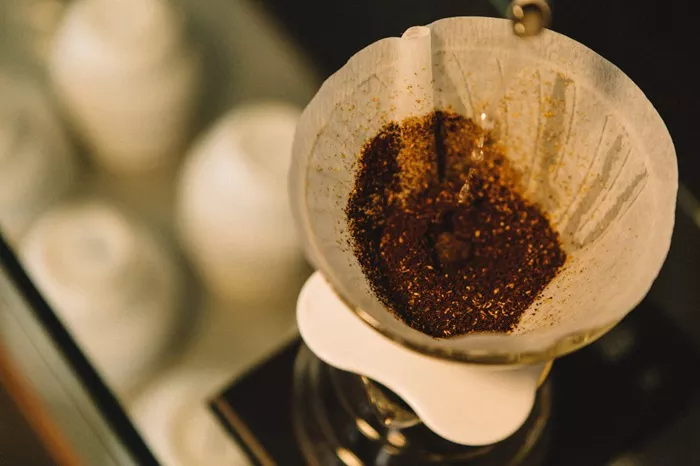In recent years, coffee enthusiasts and conscientious consumers have become increasingly interested in the terms “fair trade” and “organic.” But what do these terms mean, and how do they relate to one another? This article will explore whether fair trade coffee is organic, examining the definitions, practices, and implications of both terms.
Understanding Fair Trade Coffee
What is Fair Trade Coffee?
Fair trade coffee is coffee that is certified under the Fair Trade system. This system aims to provide better trading conditions and promote sustainability for farmers in developing countries. The main goals are to:
- Ensure fair prices for coffee growers
- Provide access to credit and resources
- Promote sustainable farming practices
- Encourage community development
Key Principles of Fair Trade
Fair Pricing: Fair trade ensures that farmers receive a minimum price for their coffee, which covers the cost of production.
Community Development: Part of the profits goes back to the community for local projects, such as education and healthcare.
Sustainable Practices: Farmers are encouraged to use environmentally friendly practices, although these practices can vary.
Understanding Organic Coffee
What is Organic Coffee?
Organic coffee is produced without the use of synthetic fertilizers, pesticides, or genetically modified organisms (GMOs). It is grown using methods that maintain soil health and promote biodiversity. The organic certification ensures that the coffee meets specific agricultural standards.
Key Principles of Organic Coffee
No Synthetic Chemicals: Organic coffee is free from harmful chemicals that can affect the environment and human health.
Biodiversity: Organic farming promotes a diverse ecosystem, which can lead to healthier crops.
Sustainable Practices: Organic farmers often use techniques like crop rotation and composting to maintain soil health.
The Relationship Between Fair Trade and Organic Coffee
Are All Fair Trade Coffees Organic?
Not all fair trade coffee is organic. While many fair trade coffees use sustainable practices, they may not meet the strict organic certification requirements. Fair trade focuses primarily on social and economic issues rather than strictly on agricultural methods.
Can Fair Trade Coffee Be Organic?
Yes, fair trade coffee can be organic. Many producers choose to obtain both certifications. This dual certification allows them to appeal to a broader market and ensures that they are practicing sustainable farming methods. However, it’s essential to look for both labels when purchasing coffee if you want to support both fair trade and organic practices.
Benefits of Fair Trade and Organic Coffee
Economic Benefits
Fair trade coffee helps farmers earn a stable income, which can lead to improved living standards. Organic coffee often fetches higher prices in the market due to consumer demand for chemical-free products. This combination can lead to sustainable livelihoods for coffee growers.
Environmental Benefits
Both fair trade and organic coffee promote sustainable farming practices. Organic methods enhance soil fertility and reduce pollution. Fair trade encourages farmers to adopt environmentally friendly practices, contributing to the overall health of the ecosystem.
Social Benefits
Fair trade coffee promotes community development by funding local projects. Organic farming can lead to healthier living conditions for farmers and their families. Both systems aim to empower growers and improve their quality of life.
How to Identify Fair Trade Organic Coffee
Look for Certification Labels
When shopping for coffee, look for specific labels that indicate both fair trade and organic certification. Common certifications include:
Fair Trade Certified: Indicates that the coffee meets fair trade standards.
USDA Organic: Indicates that the coffee is grown according to organic farming standards.
Read Product Descriptions
Many coffee brands provide detailed information on their websites or product packaging. Reading descriptions can help you understand their sourcing practices and whether they meet both fair trade and organic standards.
Challenges in Fair Trade and Organic Coffee
Certification Costs
Obtaining certification can be expensive for small-scale farmers. This can limit the number of farmers who can afford to certify their coffee as fair trade or organic. As a result, some growers may miss out on the benefits associated with these labels.
Market Demand
While demand for fair trade and organic coffee is growing, it can still be challenging for farmers to find consistent markets. Buyers may prefer the lowest-priced coffee, regardless of its ethical or environmental impact.
Education and Awareness
Many consumers are not fully aware of the differences between fair trade and organic coffee. This lack of understanding can affect purchasing decisions and limit the impact of these systems.
Conclusion
In summary, fair trade coffee is not inherently organic, but the two can coexist. Fair trade focuses on social and economic aspects, while organic emphasizes environmental practices. Consumers interested in supporting both movements should look for coffee that is certified as both fair trade and organic. By making informed choices, you can contribute to a more sustainable and equitable coffee industry.
Related Topics:
Cappuccino Vs Americano: What is the Difference
Which Nescafé is Best? A Comprehensive Guide


